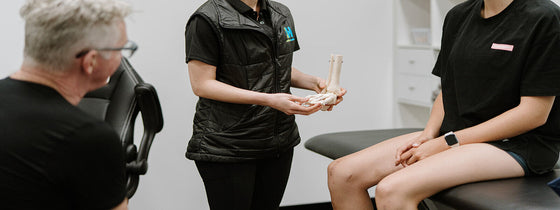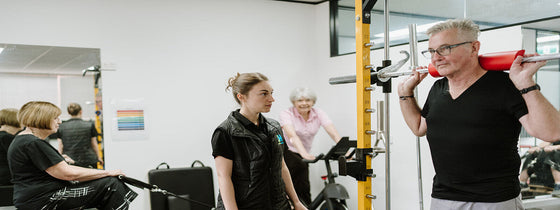Dizziness can occur for many different reasons, your body coordinates your movement and sense of where you are in space by using information from your inner ears, eyes, sensation around your joints and coordinates this information if your brain to help keep you feeling stable and upright.
As a result, if you are getting dizzy it can be important to understand what movements and activities cause the problem to help determine which of the system or systems are responsible for this often very uncomfortable problem.
It is possible to also experience vertigo which is often a more severe and short-lived sensation of the room spinning around you and can often leave you feeling dizzy after the fact, there two problems are clearly related, but it is important to remember they are different problems with different treatments.
Examples of movements and behaviours that can stimulate dizziness are quick posture changes from sitting to standing or laying to standing, fast or repetitive and straining eye movements, fast head movements or holding awkward head and neck postures or intaking too much alcohol. This list isn't exhaustive but can start to help you understand your triggers.
If these problems are persistent and worrying for you, there are options to have the problem assessed and likely treated effectively. A physiotherapist can assess the relevant systems and help you determine which next treatment and rehab to return to normal function and reduce dizziness. If the problem appears to go beyond these treatment options, you can be referred to your GP or specialist for further investigation and possible medication options.
It is important to remember if dizziness symptoms have bothered you for a long period of time there still many effective options to find relief, even if past medical treatment hasn't solved the problem you likely need some assessment and treatment from a Physiotherapist with a special interest in dizziness and vertigo. Book Now to escape a life imprisoned by dizziness!

OHL is integrating a new athletic screening assessment into its practice to further enhance our community's sporting ability. This screening assessment combines range of motion, strength profiling, force deck analysis, and subjective training status to give athletes a comprehensive performance snapshot. By establishing a baseline and identifying key areas for improvement, we can tailor your training to enhance performance, provide insight on key metrics, and stay resilient throughout the season. Whether you're preparing for preseason, managing midseason demands, or simply aiming to train smarter, this assessment delivers the data-driven insights you need.

If you're experiencing back or neck pain with neurological signs and symptoms, a thorough neurological examination is crucial for accurate assessment and effective treatment. In this Optimal Tip learn more about what we mean by completing a neurological exam!

Squats, deadlifts, and calf raises are key movement patterns that should be part of every strength and conditioning program—regardless of age and activity level. These functional movements support joint health, improve posture and balance, and reduce the risk of injury while building strength where it matters most.